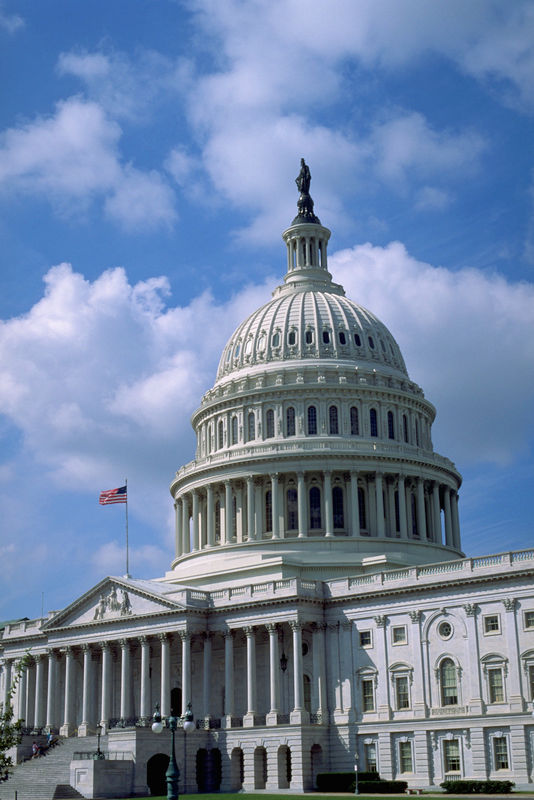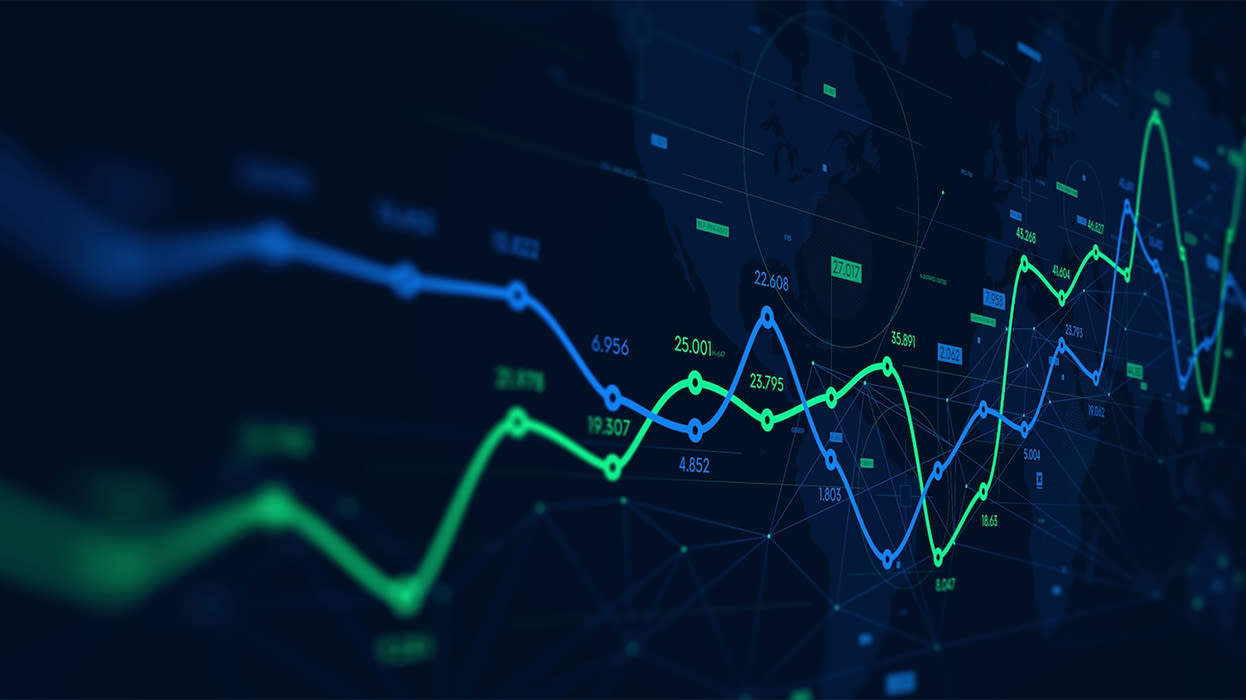
February 9, 2022
Fashion Brands Face New Climate and Social Impact Compliance in Supply Chains
Tags:
Fashion Brands Face New Climate and Social Impact Compliance in Supply Chains

Multiple legislative efforts in the U.S. could soon require enterprise companies to start tracing and reporting the climate and social impacts of their supply chains and other operations.
Sweeping provisions could affect companies doing business in New York and California, two states that are established economic leaders.
These measures mirror Customs trends towards supply chain traceability, too. Flexport expects these types of trends to evolve in the coming years, as data continues to make way for powerful solutions to global issues.
Read on to learn how legislation under review could affect your company’s supply chain and reporting—plus, how you can start to prepare for the new compliance requirements.
The Fashion Act
New York’s proposed Fashion Sustainability and Social Accountability Act (NYS Senate Bill S7428) would require fashion retailers and manufacturers grossing over $100 million to “map their supply chains, disclose the environmental and social impact of their activities, and set targets to improve those impacts.”
Other important elements of the bill include:
- Public disclosure of due diligence policies on company websites.
- Citizen standing to bring action against non-compliant companies.
- Unremedied noncompliance fines of up to 2% of annual revenue.
Currently, the bill is with the committee and, if passed, would take effect immediately.
Climate Accountability Act
In California, the landmark Climate Corporate Accountability Act (California SB-260) requires large corporations to disclose their greenhouse gas emissions footprint across three scopes.
The three scopes are grouped by the company’s level of control:
- Scope 1 includes all direct greenhouse gas emissions from sources the company owns or directly controls.
- Scope 2 includes indirect greenhouse gas emissions from purchased and used electricity.
- Scope 3 includes indirect greenhouse gas emissions from its supply chain and other sources, like travel and commuting, procurement, water use, and waste.
The act covers U.S.-based companies—with no vertical specification—that do business in California and have total annual revenues in excess of $1 billion. The requirements would ramp up over a multi-year period:
- California would have until 2024 to develop and adopt regulations.
- Companies would have until 2025 to transition into compliance.
- California would have until 2026 to create a public record.
The bill also includes a provision for civil penalties under action brought by the Secretary of State.
Traceable Supply Chains
Particularly for fashion brands, it’s becoming increasingly important to build traceable supply chains. In addition to compliance matters, many consumers expect transparency around social impact.
Much of what it takes to comply with regulations is documentation—frequently, great amounts of it.
Read More: From Dirt to Shirt: How to Build a Traceable Supply Chain
In the Flexport Platform, companies can quickly and easily access data from purchase orders, commercial invoices, packing lists, bills of lading, delivery orders, cargo receipts, declarations, and other supply chain documents to satisfy a variety of compliance requirements.
Watch a Demo: See the Flexport Platform in action
Climate Tracking and Reporting
For companies coming up against new climate regulations, there are a variety of ways to track and improve supply chain emissions.
In the Flexport Impact Dashboard, one view calculates your carbon emissions across all shipments and summarizes your impact by category.
- Shipments forwarded by Flexport via LCL and OceanMatch are automatically offset.
- Your other shipments can be offset at a low cost through the Impact Dashboard.
- Anyone can use Flexport’s free carbon calculator, accredited by Smart Freight Centre, to calculate the impact of any shipment.
- Flexport.org can help clients reduce greenhouse gas emissions as part of net-zero planning or other scenario planning.
- Brands can access free customized advice for emissions reduction opportunities
- Flexport offers partnerships to help our clients purchase biofuels, sustainable aviation fuels, and other alternative fuels for a 80-100% GHG emissions reduction, and partnerships to offset any remaining emissions.
In addition new tech solutions we’re building will also help with reduction for science-based targets. For example, the option to choose the greenest route for a shipment, not just the cheapest and/or fastest.
As new regulatory frameworks develop to drive change around social impact, companies that take the reins now can benefit from an easier transition.
For more help finding cost-effective solutions for climate and social impact, including compliance, reach out to Flexport.
About the Author

About this author


